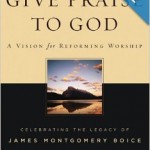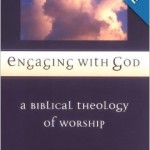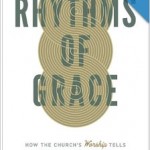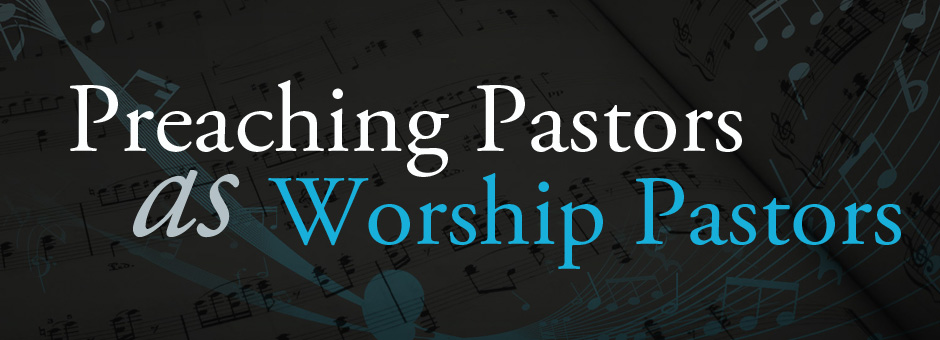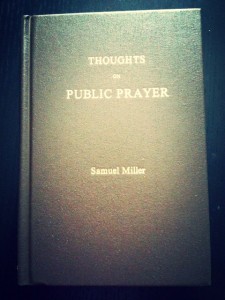 Jesus came to inaugurate God’s kingdom in this world and it was the most complete, unexpected, and remarkable revolution the universe has ever seen.
Jesus came to inaugurate God’s kingdom in this world and it was the most complete, unexpected, and remarkable revolution the universe has ever seen.
In Mark 3:7-12 we find that virtually all of Israel has followed Christ into the wilderness, reminding us of a time when Israel followed another redeemer, Moses, into the wilderness. It was there that God constituted His people as a nation at Mt. Sinai. Thus it should be no surprise to us when we hear in Mark 3:13-19 Jesus went up to a mountain to reconstitute God’s people. He did this by calling twelve men to follow Him as apostles.
A first century Jew would have immediately recognized a connection with the twelve tribes of Israel. Jesus could have chosen any number of apostles, but He picks twelve, indicating to us there is an organic connection, and I would argue, an organic fulfillment and spiritual restoration of Old Testament Israel. We see this truth in Matthew 19 as it is the twelve apostles of Christ, not the twelve patriarchs of Israel, who will sit alongside Jesus at the time of judgment. As Mark 1 shows, Jesus is the true Israel, thus those called out by Him and united to Him are part of true Israel. The calling of the twelve signifies then the recreation and fulfillment of God’s covenant people, what Galatians 6 calls, “the Israel of God.”
This mountainside event has much to tells us regarding the Church of Christ. Three things are worth our meditation.
First, Christ calls His church. “He called to him those whom he desired, and they came to him” (Mark 3:13). The doctrine of God’s sovereign election and sovereign calling is a divisive one and a debated one. Yet, how can we deny, according to this text, that Christ’s sovereign choice is not the cause of Christ’s church? Let the church see the comfort and joy found in Christ’s calling. There on that mountainside was a group lowly, shunned, or outcast men in Jewish society, and a rabbi calls them unto Himself. Can you imagine the joy and delight they would have experienced in that moment? The sovereign selection of Christ is the ground for our highest praise! Our church’s confession (New Hampshire Baptist Confession) understands this for it says God sovereign choice “utterly excludes boasting, and promotes humility, love, prayer, praise, trust in God, and active imitation of his free mercy.” Few truths are sweeter to the Christian’s soul than the calling of Christ.
If you are not a Christian hear the call of the gospel that comes from Christ’s word and spirit. You were created to glorify God in knowledge, love, and obedience. But you have disobeyed God, loved things in the world, and cared little for who He is. The Bible says the just God of the universe will condemn you to eternal death for your sin. But because He loved sinners, and knew sinners can do nothing to earn their salvation, He sent His son, this Jesus Christ, to die in the place of sinners. He was crucified so that God’s wrath against every sinner who believed in Him would be satisfied. Then He rose again, guaranteeing that all who trust in Him will find new life. We may not be on a mountain today, but He calls to you from His word and through His Spirit. Will you come to him?
Second, Christ centers His church. Mark 3:14 literally reads in the Greek, “And he made [created] twelve, so that they might be with Him.” One commentator says, “The simple prepositional phrase has atomic significance in the Gospel of Mark.” The atomic significance is found in the truth that being with Jesus is the center of Christian discipleship. He was with the twelve physically, but is with us today through His word and spirit. He centers His church and dwells with His people through the ordinary means given to us: the reading and preaching of His word, prayer, fellowship, songs, and sacrament. If these are the ordinary means by which Christ centers His people, we must be again reminded of how vital gathering with the church is to our discipleship. Missing out on the Saturday gathering means missing out on the power packed means of grace given so that we might be with Christ. To regularly shun the corporate gathering is to regularly shun the atomic power of discipleship. The elements of a church’s corporate gathering are like spiritual sticks of dynamite laid on top of our soul. The Spirit intends to place them there and light ’em up as He molds us into the image of Christ.
Third, Christ commissions His church. “He made the twelve, so that they might be with him and send them out to preach and have authority to cast out demons” (Mark 3:14-15). In some respects this preaching and authority to cast out demons was unique to the original apostles as Hebrews 2 and 2 Corinthians 12 make clear. Although our commission is not apostolic, we have the similar commissioning priorities: communion with God, speaking of the good news, and opposing evil in this world. If we think of the Great Commission – making disciples of all nations – as a three-legged stool, then these priorities are the three legs: 1) communion with Jesus, 2) speaking of Jesus, and 3) fighting the good fight against sin and evil. Faithfulness to our commission means faithfulness to these priorities.
Do you see how radically Christ-centered the church must be? He calls, centers, and commission His people. If we tried to sum up our three truths in one sentence we could say the church is called by Christ, to be with Christ, in order to go for Christ.


